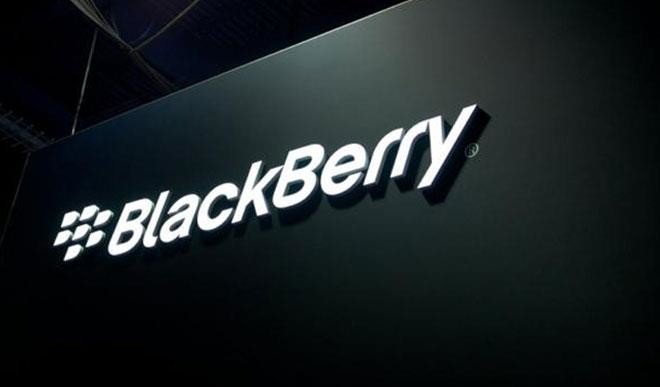The BlackBerry operating system may soon be history!
BlackBerry (BB) announced two Fridays ago that it had laid off 200 more workers at its head office in Ontario, Canada, and at an office in Florida, USA, with at least 75 employees being laid off at the Florida office. Unable to turnaround the cell phone business, the company’s chairman/chief executive officer, John S. Chen, […]


BlackBerry (BB) announced two Fridays ago that it had laid off 200 more workers at its head office in Ontario, Canada, and at an office in Florida, USA, with at least 75 employees being laid off at the Florida office. Unable to turnaround the cell phone business, the company’s chairman/chief executive officer, John S. Chen, appeared to be shifting BB to a company that will be largely based on selling software and services to businesses and governments, rather than producing phones. Making high quality phones made BB a household name, but that was then!
“As BlackBerry continues to execute its turnaround plan, we remain focused on driving efficiencies across our global workforce,” the company’s statement said. “This means finding new ways to enable us to capitalise on growth opportunities, while driving toward sustainable profitability across all parts of our business.” While this statement probably means something to BB, to consumers, it is absolutely useless.
In a curious but understandable shift toward the end of last year, BB introduced a phone that uses Google’s Android operating system (OS), rather than BB’s own BlackBerry 10 software. This is obviously an admission of BB’s inability to compete based on its own engine. Although BB’s previous management had hoped that BlackBerry 10 operating system would bring back BB’s old glory, this has not happened, and it probably wouldn’t. Moreover, the company may no longer be betting on its own OS for that matter. Instead, Mr. Chen has revealed the introduction of another phone that will be based again on Android.
While a shift to Android will help alleviate some of BB’s problems – particularly its scanty apps store, and provide consumers with what is now a familiar OS – Android, things will never be the same for BB again. Specifically, the company that introduced wireless email to smartphones now has to depend, for survival, on an OS developed by another company – Google, which was barely in existence in BB’s heydays. This is indeed tech tragedy.
Of course, by shifting to Android, the company may be able to cut costs – for example, by laying off even more employees. Equally unfortunate for BB is the fact that it now has to compete with numerous phone manufacturers, which include Samsung and the crew from China (Xiaomi, Huawei, and so on). This field is quite congested in deed, and BB may not be able to withstand the heat. For example, according to a recent data from International Data Corporation (IDC), Samsung Electronics Co. sold the largest number of so-called smart connected devices (SCDs) in the world in the first three quarters of 2015. (Smart Connected Devices is a term that refers to the collection of smartphones, tablets, and personal computers.) Samsung was reported to have sold 266 million SCDs for the period. This amounts to 19.3 per cent of the world total.
Apple, the U.S tech behemoth, ranked second, selling 205 million iPhones, iPad, and MacBooks during the period, showing an 18 per cent surge from a year ago. The Chinese technology company, Lenovo, took third place, with its firm grip on the global PC market (Lenovo was part of the PC business of IBM, the U.S. pioneering high tech company, before being sold to the Chinese concern).
China’s high-tech manufacturing industry is reporting an explosive growth, almost per second, leaving no doors open for an “outsider” like BB to enter. Last year, nearly 1 out of every 3 smartphones, tablets, and PCs sold globally was made in China. For the first three quarters of 2015, combined shipments of smart devices made by the leading 15 tech manufacturing companies in the world amount to 1.38 billion, which is approximately 5.6 per cent from a year ago, again according to data from IDC. Nine out of the 15 companies were Chinese firms.
Although there has not been much innovation from China – most of the innovations are from the U.S, the continued rise of China in its ability to proliferate and democratise technologies developed from elsewhere is very important and cannot be ignored. It even seems that Japan’s tech industry is fast declining and China is picking up the slack, with the wherewithal and motivation to buy out Japanese iconic brands – if allowed.
An interesting component of the wave from China is the cost competitiveness. That is, the devices – at least smartphones, are relatively cheap compared the ones out of South Korea or the U.S. Although they may not be of great quality, somehow a big fraction of consumers, especially in emerging economies – Nigeria, India, China, and so on, don’t seem to mind the iPhone or Galaxy look-alikes from China.
The foregoing may not augur well for BB, so that in addition to losing its iconic OS, it may, in due course of time, also lose its phone devices.
